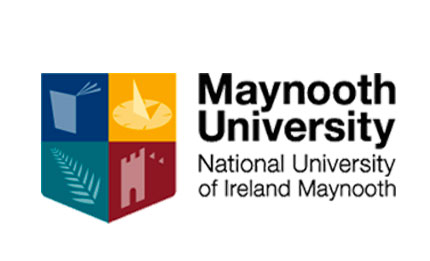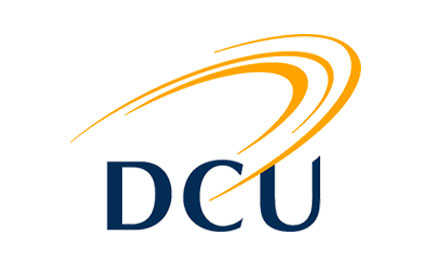Research Themes
Valuation and Risk
Drawing from our group’s expertise in the respective disciplines of Valuation and Risk, this work package investigates factor modelling, the structure of European Security market returns, and the connectivity between various risk measures.
Our key challenge is to provide a better empirical understanding of pervasive factor risks and track their connectivity to asset prices. Our objective is to develop factor models to value private and public assets, to improve and extend econometric methodologies for factor modelling of returns and to determine the main drivers of connectivity risk. This will give rise to diverse applications such as European Securities returns modelling, the pricing of over-counter-assets such as real estate and aircraft, as well as documenting market linkages within the banking sector.
Leaders: Gregory Connor and John Cotter.
Valuation
After labour, the price of commodities represents the next biggest variable cost for a firm, with uncertainty in oil prices posing a challenge to investors. In this research strand, we establish optimal timing approaches that are flexible enough to value different investment elements. Through investigating the pricing of real-asset commodities and energy prices, we examine their impact on investment decisions and government policy.
Under our Valuation research theme, we are investigating optimal investment strategies in aircraft finance and energy prices, with a view to establishing a novel perspective on the relationship between risk and value in corporate risk management and financing decisions. Our further aim is to value inflation-indexed cash flows with embedded options through the use of derivative pricing methods.
Leaders: Don Bredin, Julie Byrne, Tom Conlon, Conall O Sullivan.
Risk
Operational risk is the quantification and control of risks including internal controls, human factors, systems and external events. Although it is a significant contributor to bank risk and associated capital requirements, it is a relatively unexplored area. The Risk research strand will contribute to developing a pragmatic measurement of operational risk for financial institutions, focussing on establishing an improved prediction of operational risk. Our investigations will provide policy makers and regulators with an improved understanding of the drivers of and ability to mitigate against operational risk.
In the context of examining Rogue Trading and Banking, we are studying how incentives and compensation affect managers. To mitigate the risk of undetectable sophisticated behaviour, we consider the design of contracts to deter fraudulent activity, as well as finding a balance between the benefits of diversification of managers and the costs of higher operational risk from lower manager engagement. Also, we are looking at operational risk in the context of LIBOR and other benchmark markets and investigate the change in the LIBOR rate-setting mechanism when its administration moved from the British Bankers Association to the Intercontinental Exchange Benchmark Administration.
Leaders: Tom Conlon, Paolo Guasoni, Cal Muckley, Conall O Sullivan.






